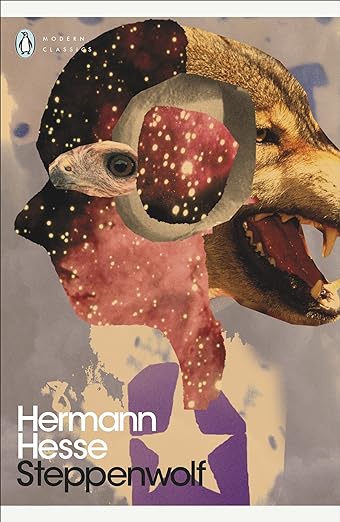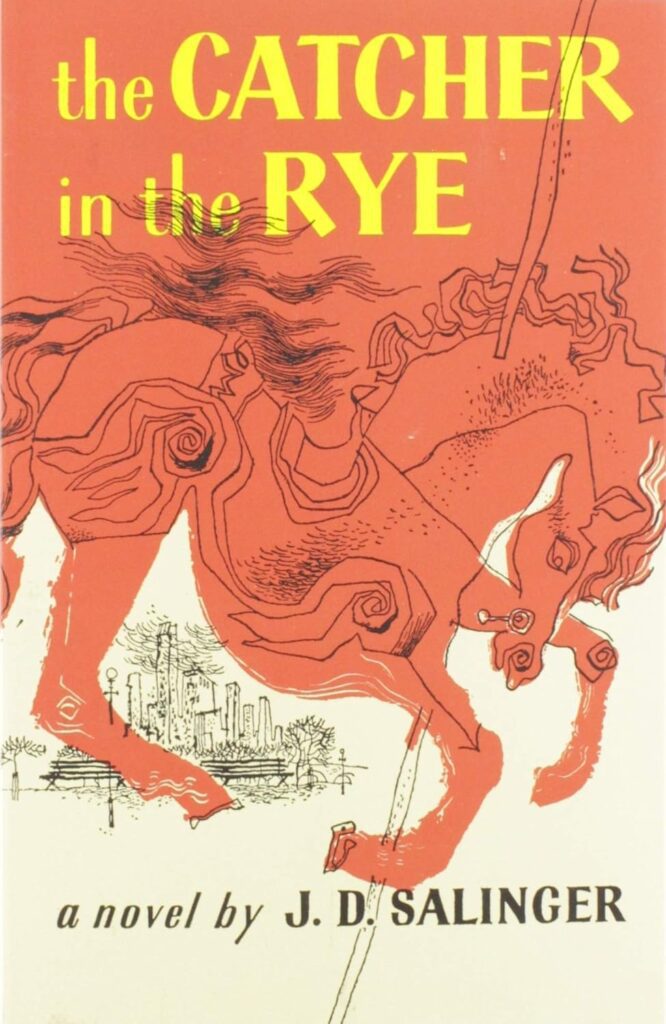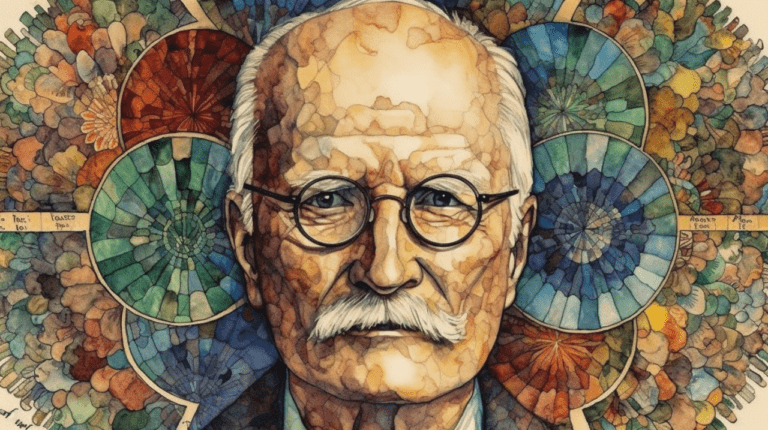Jungian psychology, based on the theories of Swiss psychiatrist Carl Gustav Jung, delves deep into the collective unconscious, archetypes, individuation, and the exploration of the self. Over the years, many novels have woven these rich psychological concepts into their narratives, creating profound and thought-provoking literature. Here are some of the best novels that embody Jungian psychology
Craft beer elit seitan exercitation, photo booth et 8-bit kale chips proident chillwave deep v laborum. Aliquip veniam delectusSHANE DOE
1. “Steppenwolf” by Hermann Hesse
Hermann Hesse’s “Steppenwolf” is a seminal work that explores the duality of human nature, a core theme in Jungian psychology. The protagonist, Harry Haller, grapples with his inner “wolf” and “man,” representing the conflict between his primal instincts and his refined self. The novel delves into the process of individuation, as Harry seeks to integrate these opposing aspects of his personality. The book’s magical realism and symbolic journey through the “Magic Theatre” offer a vivid portrayal of the unconscious mind.

At first sight Harry Haller seems a respectable, educated man. In reality he is the Steppenwolf: wild, strange, alienated from society and repulsed by the modern age. But as he is drawn into a series of dreamlike and sometimes savage encounters – accompanied by, among others, Mozart, Goethe and the bewitching Hermione – the misanthropic Haller discovers a higher truth, and the possibility of happiness.
2. “The Catcher in the Rye” by J.D. Salinger
While J.D. Salinger’s “The Catcher in the Rye” is often read as a classic coming-of-age story, it also contains strong Jungian themes. The protagonist, Holden Caulfield, embodies the archetype of the “wounded healer” as he navigates the transition from adolescence to adulthood. Holden’s journey can be seen as a struggle with the persona—the mask he presents to the world—and his true self. His experiences and internal conflicts reflect the Jungian process of individuation.

There are many voices in this novel: children’s voices, adult voices, underground voices-but Holden’s voice is the most eloquent of all. Transcending his own vernacular, yet remaining marvelously faithful to it, he issues a perfectly articulated cry of mixed pain and pleasure. However, like most lovers and clowns and poets of the higher orders, he keeps most of the pain to, and for, himself. The pleasure he gives away, or sets aside, with all his heart. It is there for the reader who can handle it to keep.
3. “Women Who Run with the Wolves” by Clarissa Pinkola Estés
Although not a novel in the traditional sense, “Women Who Run with the Wolves” by Clarissa Pinkola Estés is a collection of myths and stories that explore the wild woman archetype. Estés, a Jungian analyst, uses these tales to delve into the deep psyche of women, encouraging the rediscovery of the instinctual and wild self. The book is a profound exploration of the collective unconscious and the power of archetypes in shaping women’s lives.
4. “The Secret of the Golden Flower” (Translated by Richard Wilhelm and Carl Jung)
“The Secret of the Golden Flower” is an ancient Chinese text on meditation and spirituality. The translation and commentary by Richard Wilhelm and Carl Jung provide a fascinating fusion of Eastern and Western psychological insights. Jung’s commentary delves into the process of individuation and the integration of the conscious and unconscious mind. While not a novel, this work is essential reading for understanding Jungian concepts in a broader cultural context.
5. “The Magus” by John Fowles
John Fowles’ “The Magus” is a labyrinthine novel that explores themes of reality, illusion, and psychological transformation. The protagonist, Nicholas Urfe, is drawn into a psychological game orchestrated by the enigmatic Conchis. Through a series of symbolic and often surreal events, Nicholas confronts his shadow and undergoes a profound psychological awakening. The novel’s rich symbolism and exploration of the unconscious make it a quintessential Jungian narrative.
6. “Demian” by Hermann Hesse
Another masterpiece by Hermann Hesse, “Demian,” explores the journey of self-discovery and the integration of the shadow. The protagonist, Emil Sinclair, is guided by the mysterious Demian, who represents his inner self and the path to individuation. The novel delves into the themes of duality, self-discovery, and the quest for meaning, all central to Jungian psychology.
Conclusion
These novels, rich in Jungian themes, offer profound insights into the human psyche and the journey toward self-discovery and individuation. Through their exploration of archetypes, the collective unconscious, and the integration of the self, they provide readers with a deeper understanding of Jungian psychology and its relevance to literature and life. Whether through the struggle with inner dualities, the quest for wholeness, or the confrontation with the shadow, these works resonate with the timeless journey of the human spirit.


